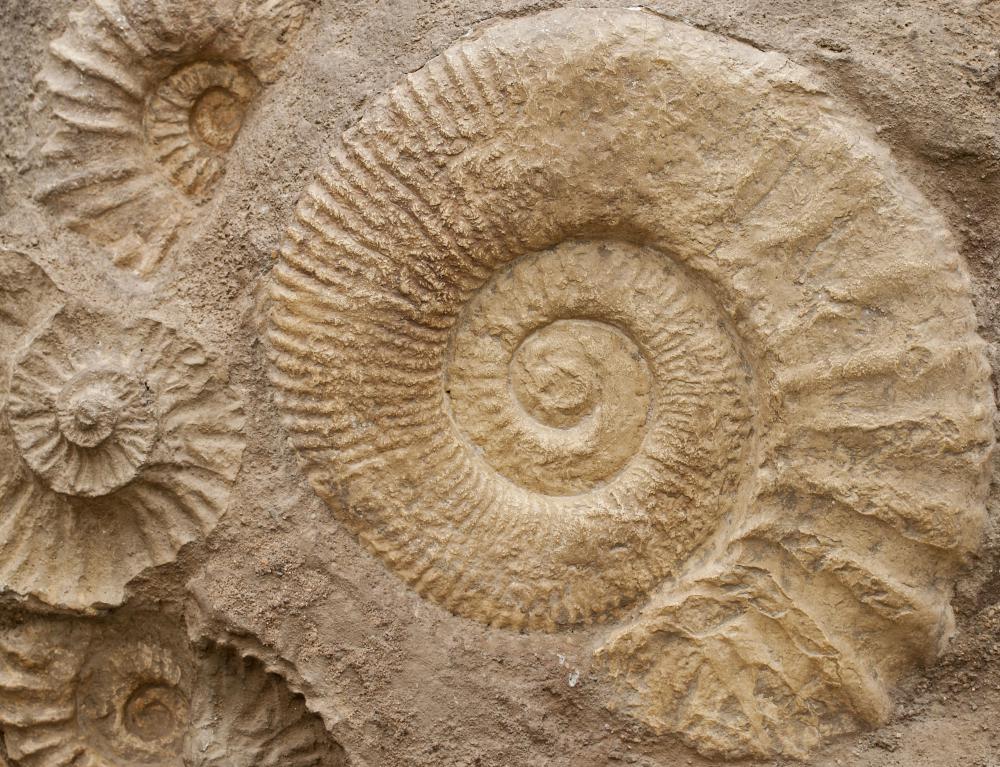At WiseGEEK, we're committed to delivering accurate, trustworthy information. Our expert-authored content is rigorously fact-checked and sourced from credible authorities. Discover how we uphold the highest standards in providing you with reliable knowledge.
How do I Choose the Best Geology School?
Selecting a geology school requires some basic research. The fist step towards finding the right geology school is to take a close look at third-party school rankings. While school rankings should not be entirely relied upon, they will provide some school insight. School rankings are based upon a number of factors including academic worth, program strength, and professor expertise.
Look for rankings that include the opinions of past and current program students. Often, these reviews are unbiased, and they can list a lot of helpful insider information. Once a few geology schools have been chosen from a list of rankings, the next step is to determine the departmental worth of a geology school.

Geology students spend a large portion of their time working closely with an academic supervisor. Therefore, departmental supervisors should be examined critically. Academics that have achieved prominence within the field of geology are well worth a second look. In fact, it is not uncommon for students to base an opinion of a geology school entirely upon the academic staff.
Still, even schools that hire top academics can often be misleading program-wise. Take a close look at school programs to see what kinds of course are offered. Geology students often require a great deal of hands-on experience in order to excel in the field of geology. Both undergraduate and graduate students frequently spend summer vacations working within the field of geology alongside faculty members. Thus, programs that are strictly textbook based may not be ideal for students seeking a desirable position following graduation.
In addition to discovering an well-rounded school, it is also important to consider schools that offer specialized programs. Some geology specializations include economic geology, engineering geology, geophysics, geochemistry, geochronology, marine geology, paleontology, petroleum geology, volcanology, and many others. Students that excel in one particular geological field often have a better chance of obtaining a sought-after position following graduation.
Finally, think about the location of the geology school being considered. Some schools are better situated than others, since graduates will often obtain positions within the geology field directly following graduation. Thus, attending a school that is surrounded by professional opportunities might be worthwhile. Other things to consider include the student to faculty ratio of a school, and whether or not the school in question has a job placement program. Overall, applying to a geology school that possesses all of the important elements listed above is ideal.
AS FEATURED ON:
AS FEATURED ON:











Discussion Comments
@browncoat - Well, I suppose many of the most lucrative jobs you can find as a geologist will be with mining companies and so forth, but there are many other positions which are environmentally neutral, or even help to improve the environment.
It depends on what specialty you choose (which should also help determine which school you go to... some are stronger than others in particular areas).
There are people doing pure research, with grants or support from universities. There are geologists who work for environmental organizations or governments, there are geologists who work with disaster relief or in construction.
Geology is a varied field, particularly once you graduate. If I was going into it, I would consider carefully which schools for geology can give me a well rounded first year so I can then try to figure out what I want to do.
@Iluviaporos - Although not always, I would think that most of the time the places where you will eventually get work and the places where there are sites that you want to study will coincide anyway.
After all, they are interesting because there is something there to be interested in.
If you're interested, for whatever reason, no doubt the people who will eventually pay you will be too.
Although I had a friend switch from geology because he thought there was no way to really be a geologist without doing something environmentally bad, like work for mining companies or on oil rigs.
Don't just consider the position of the school relative to whether or not you'll be able to get a job there afterwards. You can always travel for a job.
Remember to look at whether or not the school is near sites you'd be interested in studying.
My friend studied geology and his favorite aspect was the many field trips they did, going out to identify and obtain different samples.
He even bought a rock hammer in his second year, which I thought was really cool.
Of course almost anywhere will have something worth looking at, but if, for example, you're interested in paleontology, you're much better off picking a school where dig sites are nearby, or you won't get nearly as many chances to try hands on work.
Post your comments